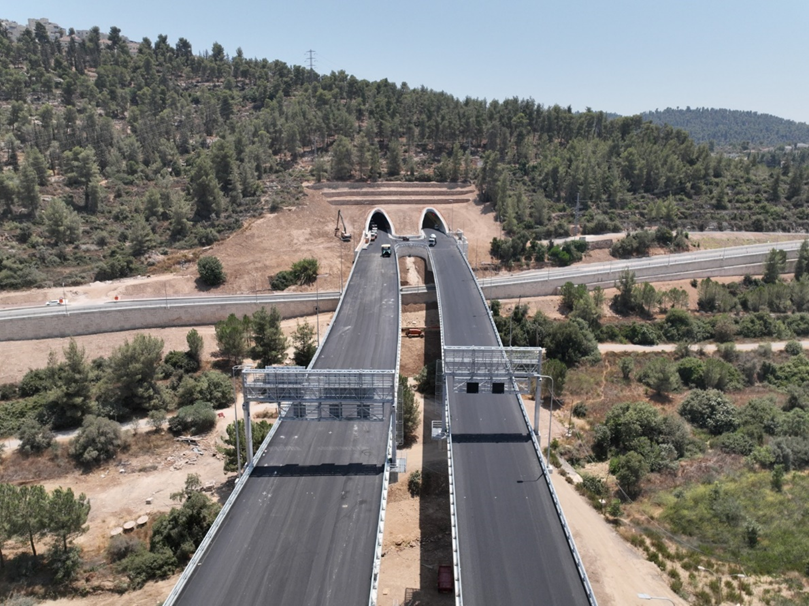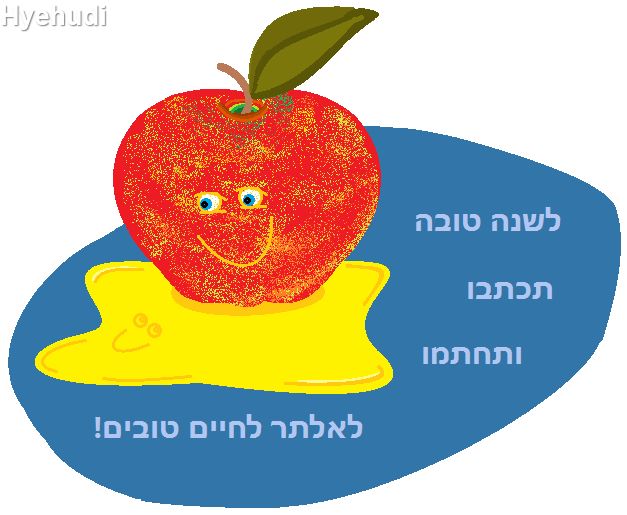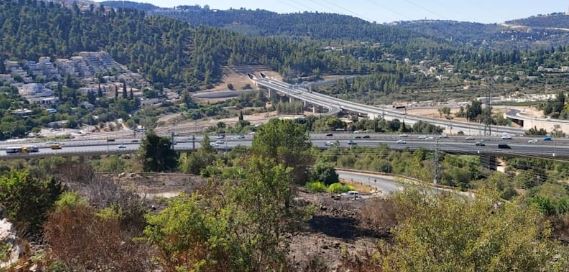This game changing highway is expected to massively reduce traffic into Israel’s capital
By Nosson Shulman: Licensed Tour Guide of VIP Israel Tours & Authentic Virtual Tours (click here to check out his free trailer videos)

Photo Credit: Jerusalem Municipality
Representing a major transportation revolution to anyone driving into Jerusalem from the center of the country (including Tel Aviv) Highway 16 has opened to the public!
The new 6 Km (3.7 mile) road was built with 4 tunnels (dug deep into the mountains), 7 bridges and exits into the Jerusalem neighborhoods of Givat Shaul, Har Nof, and Givat Mordechai. The road connects Highway 1 (Tel Aviv-Jerusalem Route) with Highway 50 (Begin Boulevard) which is the ultra-important highway connecting Jerusalem’s northern and southern neighborhoods. Previously, one wishing to visit these neighborhoods had to enter from the heavily congested city entrance. It is expected to help 40% of all commuters to the city, who until now had to enter from the same roads as all other drivers.
The project, started in 2019, cost an estimated 450 million dollars and has been completed more than a year in advance of its due date. To further reduce traffic into the city a large parking lot will be built, allowing drivers to park for free, rather than enter the city with their cars. The parking lot will be connected to the (currently under construction) green Line of the Jerusalem light rail (so far, only the red line is in use). Besides the hugely impactful advantages of reducing heavy traffic, much effort was put into the surrounding aesthetics, including 50,000 acres of newly landscaped territory such as walking and bike paths, picnic areas, and observation points overlooking the enchanting forests of the Jerusalem hills.
In recent years, many major infrastructure projects have taken place in and around the Holy City with the goal to reduce traffic. In 2011, the first (electric) light rail line opened (currently two other massive lines are being constructed within the city, while the current line is being extended). In 2017, a third lane in each direction was added to Highway one, which significantly cut travel time. In 2018, the high-speed train between Jerusalem to Tel Aviv was completed, cutting the journey down to only 31 minutes between the cities, including a stop at the airport on the way (as of 2022, the route from Jerusalem now connects to all the Tel Aviv train stations and even beyond to Herzliya, Israeli’s high-tech capital). For those who live south of Jerusalem, for example Gush Etzion in Judah and Samaria, a new lane is being added in each direction.
While Israelis will clearly benefit, tourists wanting to maximize their experience in Israel’s eternal capital will now be able to see much more, while traveling much less!
Nosson Shulman is a journalist and Licensed Tour Guide in Israel specializing in Biblical tours. To allow tourists to experience Israel during the Corona era, he created the new hit Israel tour video series which brings Israel to the home of viewers by simulating actual tours. To check out his free sneak preview tour videos, click here. To view sample tour itineraries or to inquire about private tour opportunities with a personalized itinerary on your next trip to Israel, click here.
From Guided Tours of Israel, here.


